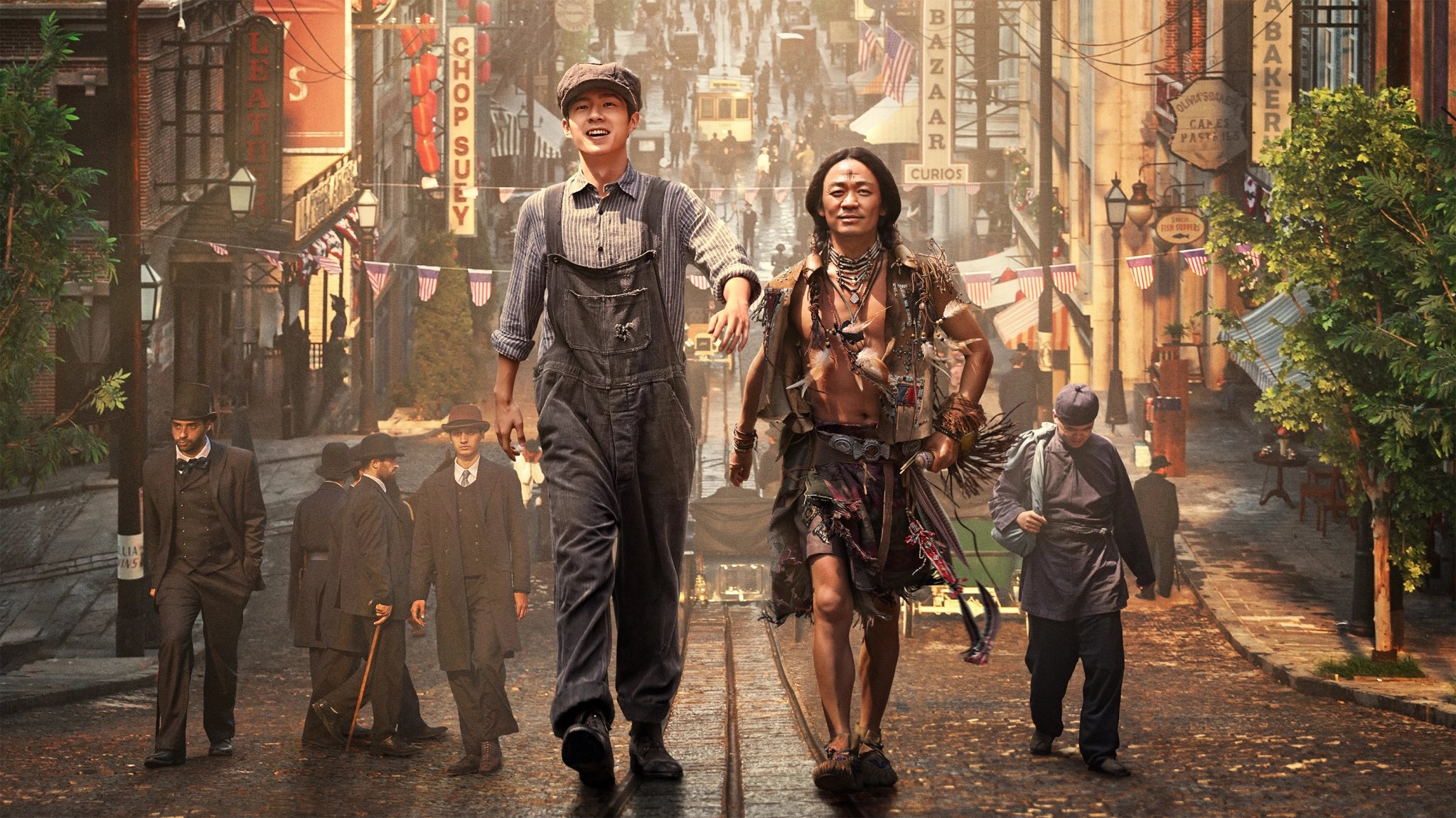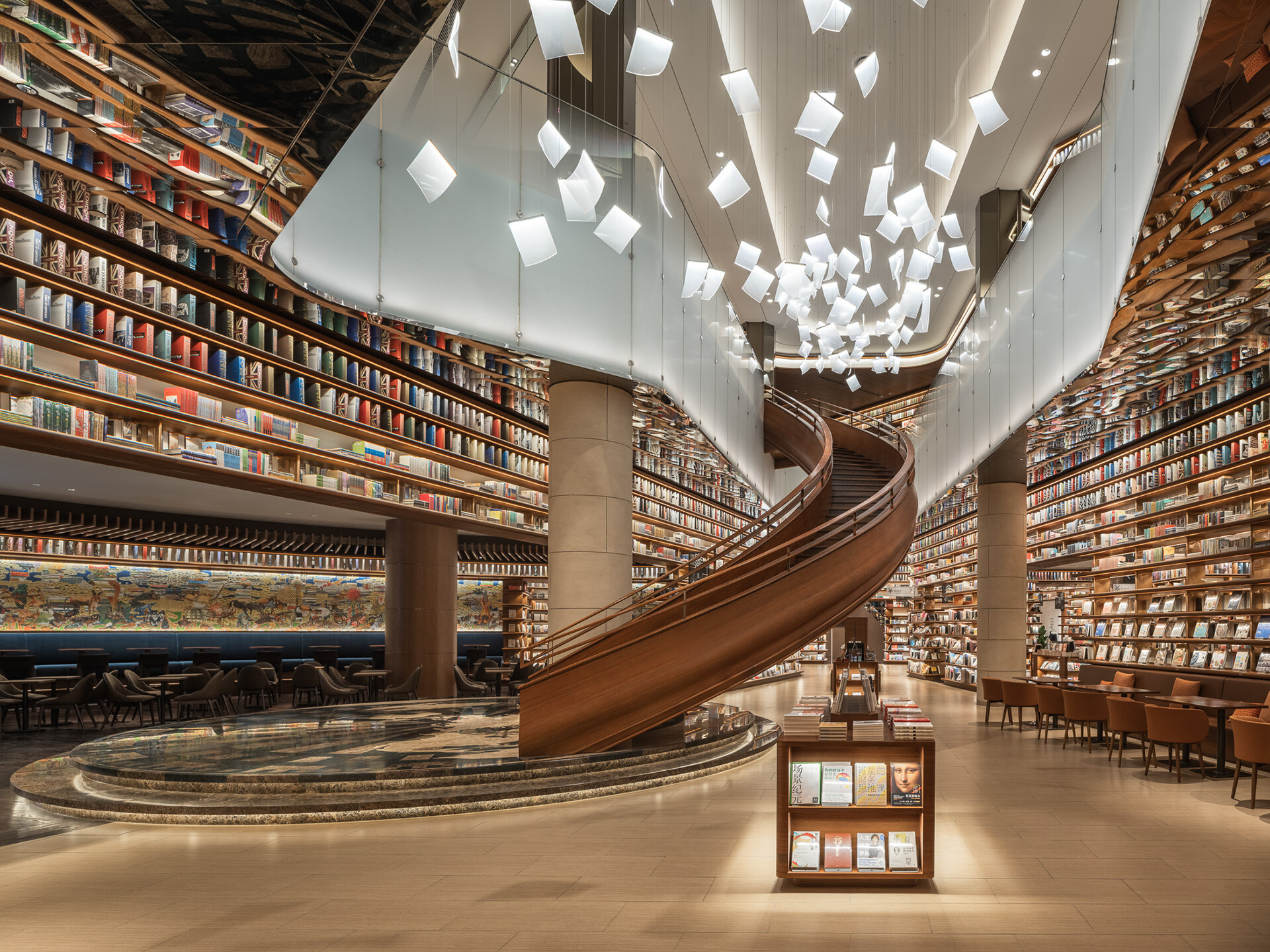For college students around the world, graduating represents the end of a long struggle, an ultimate goal and a reward for years hard work. In China, however, graduating is becoming an even more stressful event, as it means it’s time to find a job.
A growing percentage of the country’s university students are choosing to postpone their graduation: new data shows that the number has grown steadily since 2011, and in 2023, is nearly the same as those who graduate on time.

In recent months, many young Chinese started sharing their experiences and concerns online, and in June a related hashtag went viral on Weibo, only to be removed shortly after.
Other users on Instagram-like platform Xiaohongshu reflect on whether postponing their graduation could have ruined their lives, while others document their path with detailed ‘Post Graduation-Delay Diaries’ (there, the hashtag amassed over 25 million views).
Postponing one’s graduation often means taking time away from school, in what has been called a ‘pseudo gap year’ — some students eagerly embrace the opportunity to travel abroad, look for jobs, or learn new skills.
While many report improvements in English exam scores, job search results, and even overall mental health, others criticize the choice as “lazy and pointless.”

Despite a significant increase in the number of university graduates in 2023, youth unemployment in China hit a record high 21.3% in May. The growth has been steady since the start of the pandemic in 2020, and authorities recently announced they would stop releasing monthly data about youth unemployment, signaling that the numbers may not be improving.
A slowing economy and grim prospects for graduates have given rise to a wide range of responses from Gen-Z and millennials, from sarcastic graduation shoots and wild resignation parties, to an uptick of interest in pursuing advanced degrees as a way to avoid facing unemployment.
Cover image via Xiaohongshu.

















